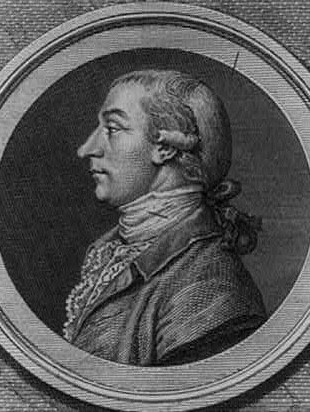Joseph Reed
1741 - 1785

https://www.mountvernon.org/
I was a lawyer, a soldier, and a statesman. I stood beside Washington when it counted, and I called Pennsylvania home when it needed leadership most.
I was born in New Jersey in 1741. I finished college at sixteen and went on to study law under Richard Stockton, then at Middle Temple in London. It was there I met Esther de Berdt. We married in 1770 and returned to Philadelphia. We would share six children. Our youngest, born in 1780, we named after George Washington — a tribute that came after years of shared battle and brotherhood.
Before the war, I wanted reconciliation. I had no thirst for blood, only for peace and liberty. But when that hope died, I stepped into the fire. I helped lead the Committee of Correspondence. I presided over Pennsylvania’s Provincial Congress. I met Washington, who called me “a friend to his country and to liberty.” That friendship would change everything.
In 1775, I joined the Continental Army as a lieutenant colonel. Washington made me his adjutant general, one of his closest aides. I helped plan the attack on Trenton. I rode into Princeton. I fought at Brandywine and Germantown. For a time, Washington and I were in lockstep. But a letter from General Charles Lee, intercepted and opened, shook that trust. It spoke doubts about Washington’s leadership. And though I stayed in the fight, our relationship would never fully recover.
In 1777, I shifted from battlefield to government. I joined the Continental Congress and signed the Articles of Confederation. The next year, I became president of Pennsylvania’s Supreme Executive Council, a role that made me the de facto governor. I fought for soldiers’ pay, pushed for reform, and helped oversee America’s first gradual abolition law.
I also clashed with Benedict Arnold. As military commander of Philadelphia, Arnold abused his power. I made sure it went to court. He was cleared of the worst charges, but the damage was done. His pride wounded, his loyalties shifted, and soon, he betrayed the very cause we bled for.
After my term ended in 1781, I returned to law. My health declined. I was elected again to Congress in 1784 but had to turn it down. On March 5, 1785, I died in Philadelphia.
I was a trusted aide, a sharp tongue, a steady hand. I stood near power but never chased it. And even as friendships cracked and battles raged, I stayed loyal to the cause.
